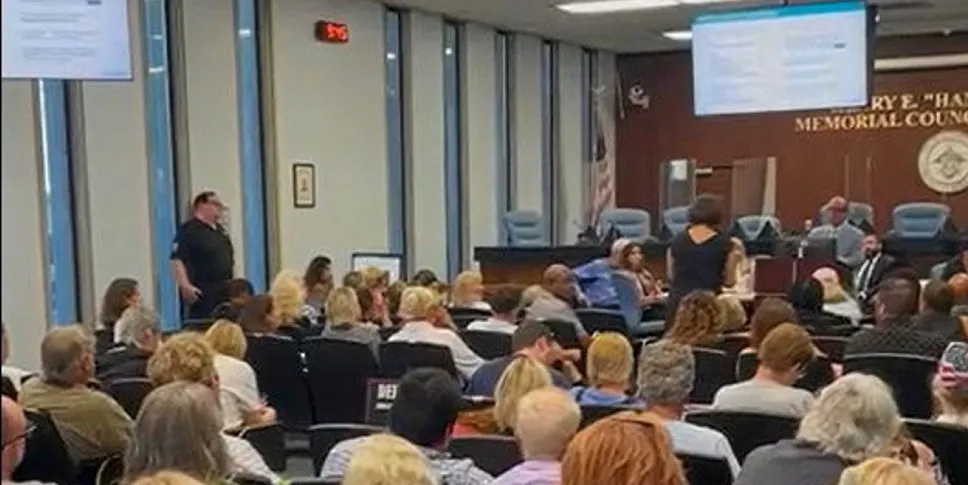'Stay out of our ocean!' | When 'Big Wind' came face to face with its fiercest American critics
Officials from one of America's biggest offshore wind projects underway by Shell and EDF endured an uncomfortable evening as they were lambasted by a raucous group of sector opponents. Tim Ferry was there
